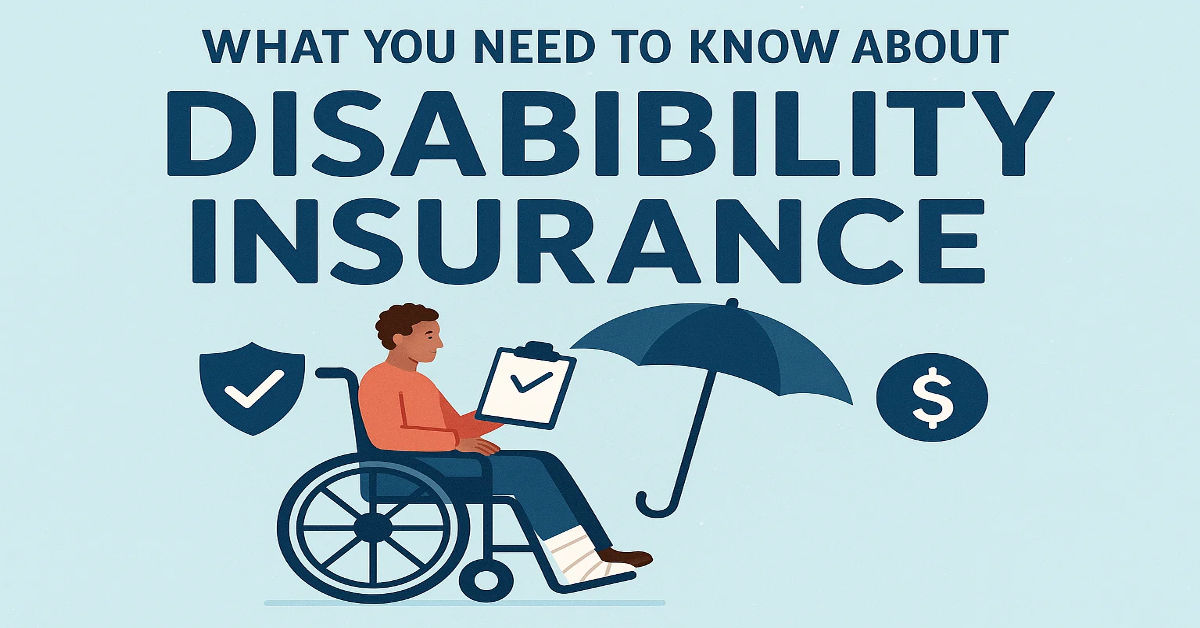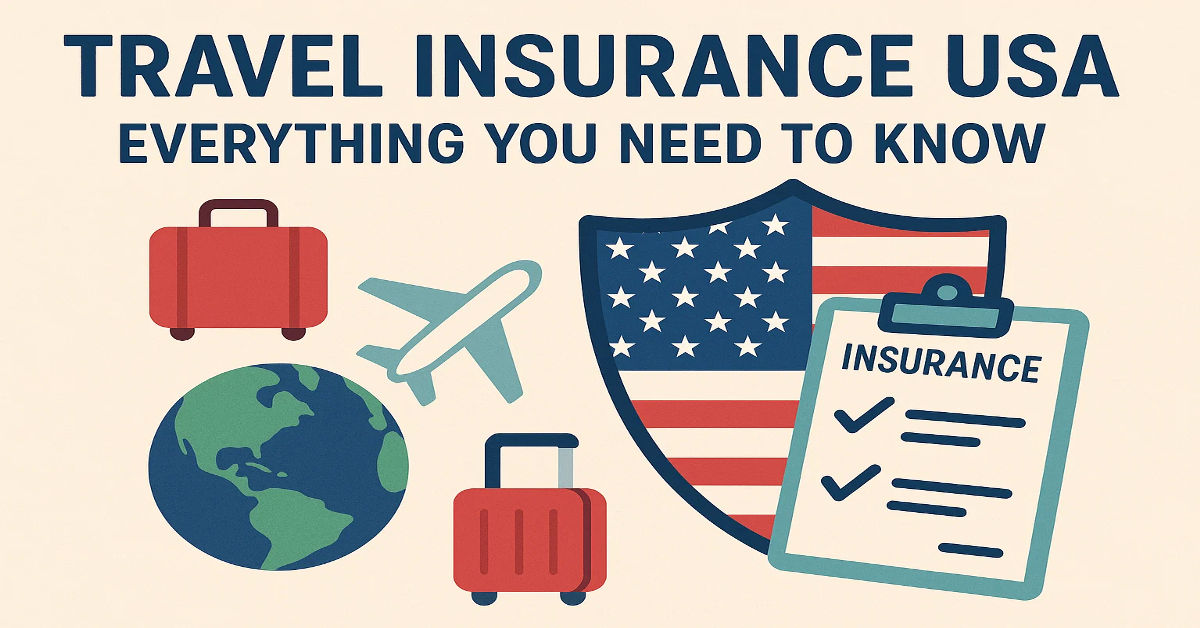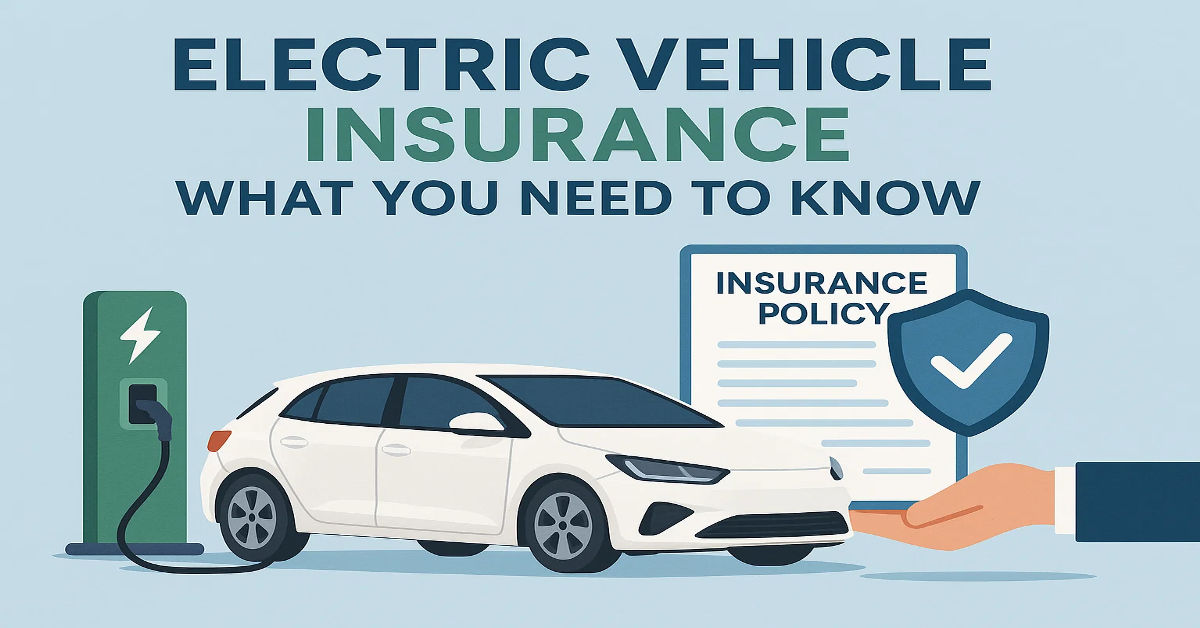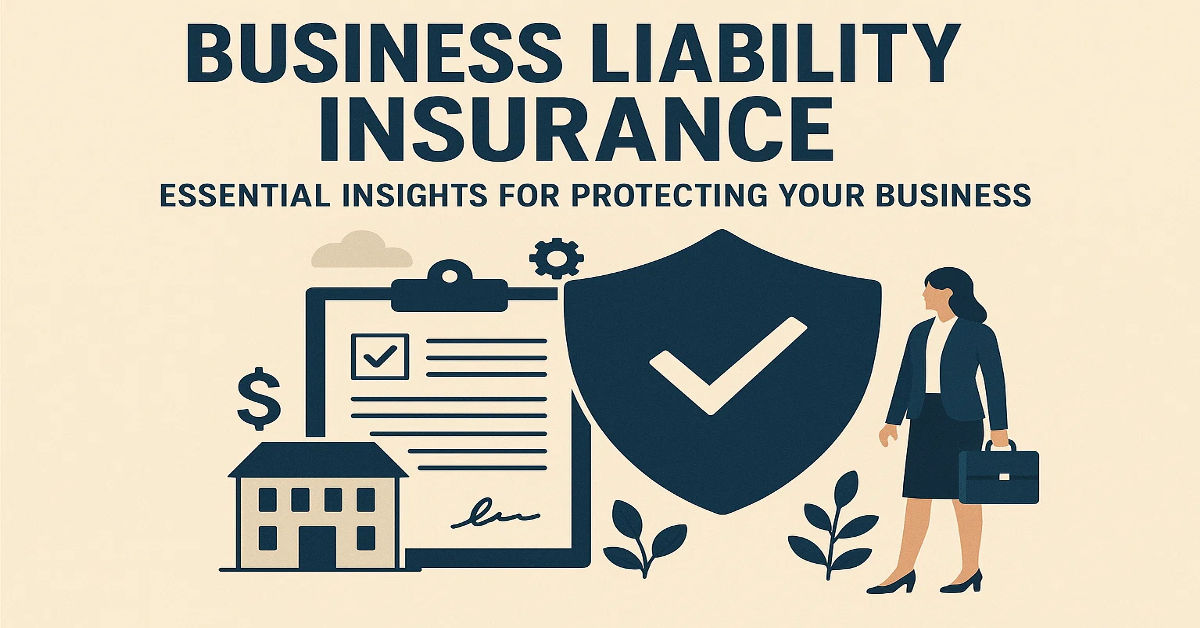
When renting a car, understanding rental car insurance is crucial to avoid unnecessary costs and headaches. This guide will break down what you need to know, from its importance to the types of coverage available, and how to make the best decision for your trip.
What Is Rental Insurance?
This type of coverage protects you financially if the rental car gets damaged, stolen, or involved in an accident. It often complements your personal auto insurance policy or credit card benefits, but sometimes, adding extra protection is a smart move.
Without the correct coverage, you could face significant out-of-pocket costs, even for minor damage, so it’s vital to understand what you’re signing up for.
Why Do You Need Coverage When Renting a Car?
Accidents and unexpected incidents can happen anytime, especially when driving an unfamiliar vehicle in a new environment. Rental car insurance serves as a safety net, ensuring you don’t bear the full financial responsibility of repair, theft, or liability.
For example, if you’re traveling abroad or renting a car for business, your personal auto policy may not cover international car rentals. Knowing your options ahead of time can help you avoid problems down the road.
What Does Rental Insurance Cover?
Most plans offer a combination of different coverages. Here’s a breakdown:
- Collision Damage Waiver (CDW): Covers the cost if the car is damaged or stolen, but usually excludes mechanical issues or damage due to reckless driving.
- Liability Coverage: Protects you from paying for injury or property damage caused to others in an accident.
- Personal Accident Insurance: Covers medical expenses for you and your passengers in case of an accident.
- Personal Effects Coverage: Compensates you for stolen personal items left in the vehicle.
Review the fine print to understand what each component includes or excludes.
How to Check If You’re Already Covered
You might already have sufficient protection without purchasing a separate policy. Here’s how to check:
- Existing Auto Insurance: Your personal policy might extend to rentals, but confirm if liability and collision are included.
- Credit Card Benefits: Many major cards offer coverage if you use the card to pay for the vehicle. Contact your provider to confirm specifics.
- Travel Insurance: Some comprehensive travel insurance plans include rental coverage.
Verifying these details before your trip can save money and prevent overlapping insurance.
Pros and Cons of Insurance When Renting a Car
Like any financial decision, extra protection has its advantages and potential downsides:
Pros:
- Peace of mind while driving a rented vehicle.
- Coverage for incidents not included in your auto insurance.
- Protection for international or specialized rentals.
Cons:
- Added daily cost, which can be expensive for long trips.
- Potential overlap with existing coverage (auto insurance, credit card benefits).
- Limited coverage depending on the terms and exclusions.
Understanding these points will help you assess whether the additional cost of Rental Car Insurance is worth it for your particular situation.
How Much Does Rental Insurance Cost?
The cost varies depending on location, company, and type of coverage. On average:
- Collision or Loss Damage Waiver (CDW): $10–$30 per day
- Liability Coverage: $7–$15 per day
- Personal Accident Insurance: $1–$5 per day
- Personal Effects Coverage: $2–$5 per day
Because these daily costs can add up for longer rentals, consider what coverage you already have, or ask if bundling policies can help reduce the price while providing the protection you need.
Tips for Choosing the Right Protection
To make an informed decision, keep these tips in mind:
- Review Your Personal Auto Insurance: Check for rental car coverage inclusions.
- Ask About Deductibles: Confirm how much you’d pay out of pocket in case of a claim.
- Understand Exclusions: Many policies exclude specific damage incidents, like driving off-road or to underage drivers.
- Shop for Bundles: Some rental companies offer discounted packages for full coverage.
Taking the time to evaluate these factors can save you from unnecessary expenses and stress.
Common Misconceptions About Insurance for Rental Cars
- Myth: “All credit cards provide rental insurance.”
Truth: Only certain cards offer coverage, and limits apply.
- Myth: “Insurance for a rented car is always expensive.”
Truth: Options like bundling or using personal policies can reduce costs significantly.
- Myth: “It’s not necessary if I’m a cautious driver.”
Truth: Even careful drivers can face unexpected events, such as theft or natural disasters.
Understanding these misconceptions can help you approach decisions about coverage with a clear and informed perspective.
Conclusion
Assess your personal auto policy, credit card benefits, and specific needs before making a decision. Rental car insurance can be a valuable safeguard against unexpected expenses, but it’s not always necessary depending on your existing coverage. By doing so, you’ll ensure peace of mind during your trip without overspending.
Frequently Asked Questions
1. Is rental protection mandatory?
No, it’s not mandatory in most cases, but rental companies may require you to have some form of coverage before renting. This could be through your auto insurance or by purchasing their options.
2. Does my personal auto insurance cover rentals?
Most U.S. policies extend coverage to rented vehicles for liability, collision, and comprehensive. However, this may not include international rentals.
3. Can I rely solely on my credit card for coverage?
Many credit cards offer insurance for rentals, but coverage is often secondary, meaning it may only fill gaps left by your primary policy.
4. What happens if I decline the coverage?
If you decline and lack adequate protection, you’ll be financially liable for damage, theft, or liability costs.
5. Does this insurance cover everything?
No, it typically excludes reckless driving, off-roading damage, and sometimes high-value vehicles. Always review the policy for specific exclusions.




















